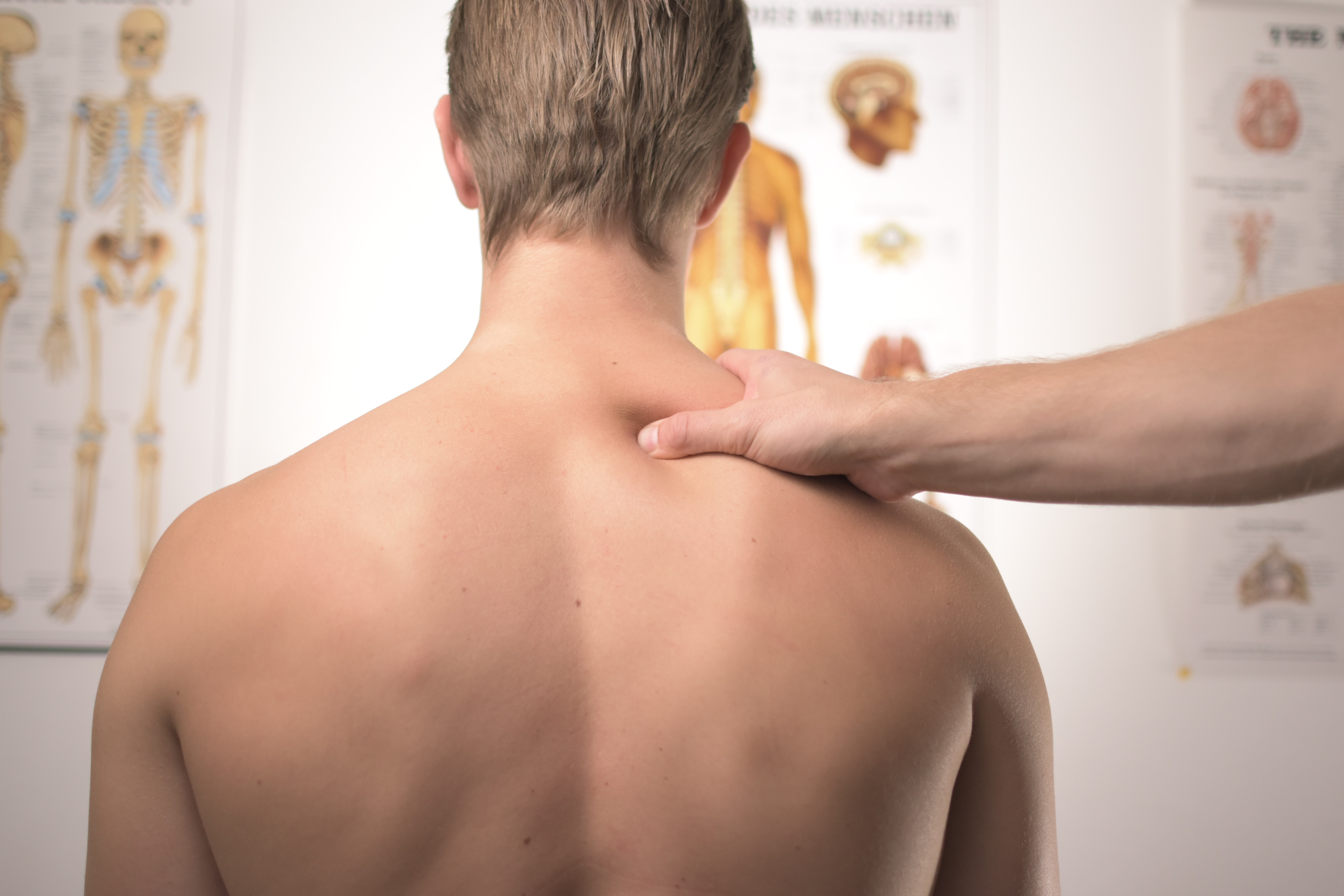SHARES

Shoulder injuries are very common in young adults particularly those active in sports. During lifting, pulling, throwing a ball or swimming, holding the arm in place is a group of muscles and tendons called the rotator cuff. This is the most important group of a large number of muscles and ligaments attached to the shoulder.
Rotator cuff injuries are very common but not all shoulder injuries involve the rotator cuff. Shoulder injuries can be painful and disabling. Studies have shown that besides treatment with anti-inflammatory drugs, using physiotherapy in combination could produce good outcomes.
How effective is physiotherapy in shoulder rehabilitation?
Physiotherapy targets on improving flexibility and strength to the affected muscles and ligaments. As a result, it improves the range of motions and restores shoulder joint functions. The effectiveness of physiotherapy is dependent on various factors. Factors such as age, severity of condition, compliance to physiotherapy sessions and home exercise programme etc will determine the effectiveness of physiotherapy.
What are the various shoulder problems where physiotherapy is effective?
Generally, all kinds of shoulder problems that are musculoskeletal in nature can be treated with physiotherapy. Some of the common shoulder conditions include rotator cuff tendinitis, frozen shoulder, shoulder dislocation and labral tears.
What does physical therapy do for various types of shoulder rehabilitation?
The initial aim of physiotherapy will be first to reduce pain and swelling, if there is any. Following that, strengthening muscles and heightening patients’ sense of self-movement and body position (proprioception exercises) are best approaches to regain baseline functional status. These therapies improve the function of the muscles surrounding the shoulder.
Usually, most people including athletes and gym regulars focus on strengthening the few large muscles around the shoulder only. Whereas physiotherapy also targets the smaller, but important shoulder muscles too. These are the muscles that are often overlooked. By strengthening these shoulder muscles, therapy can help relieve damaged tendons and improve shoulder joint movement.
How effective is physiotherapy in shoulder rehabilitation?
The effectiveness of physiotherapy is dependent on various factors. Factors such as age, severity of condition, compliance to physiotherapy sessions and home exercise programme etc will determine the effectiveness of physiotherapy.
Can physiotherapy prevent surgeries to correct these problems?
In many cases, use of physiotherapy could prevent surgery. However, referring to the earlier statement, the effectiveness of physiotherapy in preventing surgeries is dependent on various factors such as age, severity of condition, compliance to physiotherapy sessions and home exercise programme etc.
What are the barriers to successfully treat Shoulder Rehabilitation?
The biggest barrier is non-compliance to therapy sessions and exercise programme.
Acknowledgment with thanks:
This article is contributed by Ms Thilaga G, Physiotherapist from Virar’s Physiotherapy.
Find a Physiotherapist in Malaysia on GetDoc
Find a Physiotherapist in Singapore on GetDoc
by Aditi Upadhyay
View all articles by Aditi Upadhyay.





